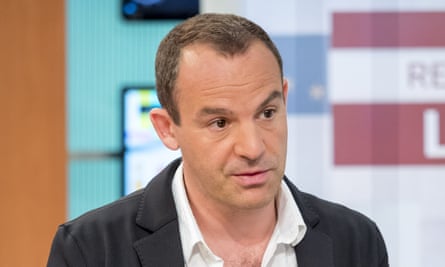Travellers at Heathrow and Gatwick are being offered “abominable” exchange rates of less than €1 to the pound as the Bank of England warned that sterling could fall even further.
As shops and importers grapple with the increased cost of buying goods in sterling, holidaymakers and business travellers are being hit with some of the worst exchange rates in recent history.
The pound was trading at about €1.11 on Tuesday but MoneyCorp exchange bureau in Gatwick was offering just €0.96 while Travelex in Heathrow was offering €1 for £1, but less once commission and fees were taken out.
Moneycorp in Southampton airport was offering €0.88 to the pound.
“Nobody in their right mind should buy foreign currency at a bureau in an airport. It’s abominable. It’s a monumental, horrendous rip-off,” said Martin Lewis, the founder of the consumer advice site MoneySavingExpert.com.
Tracy Bownes, retail director at Moneycorp, said the reason for the airport rates was “the significant cost associated with operating there – from ground rent and additional security to the cost of staffing the bureaux for customers on early and late flights”.
Foreign currency retailers are exploiting the sharp drop in the value of the pound since the referendum on 23 June when £1 bought €1.30.
It means travellers are paying 23% more for goods and services sold in euros and a similar percentage more for goods sold in dollars, which have also rocketed against the pound since the referendum.

The British Retail Consortium (BRC), which represents most of the large retailers, said these prices had yet to be passed on to the consumer, but it expected they would start feeding through in the first half of next year.
However larger shops will do everything to absorb the extra cost as retailers are operating price deflation for the third year running, said the BRC.
The Bank noted in September that some retailers were “re-engineering products to maintain existing prices”, meaning smaller packets and less expensive ingredients were being introduced in an attempt to avoid passing the increased costs on to the consumer.
Steve Smith, the director of a fruit and vegetable importer in New Spitalfields Market in London, said this was already happening with small independent shops and farmers’ markets barely able to cope.
“What we find in this game is there is a ceiling price for lots of goods,” he said, explaining that shops and farmers’ markets would do anything to avoid upping the price to the consumer.
What they will do instead is keep the price the same but reduce the size of the product they are selling.
“Take a box of 48 oranges. Say we sell them for £15, by the time they go on the street they are 31p an orange and the retailer will sell them for 50p,” said Smith.
“But when we start paying 50p an orange, the retailer can’t afford that, so they will still buy a box for £15, but it will have 88 oranges in it, ie the oranges that you buy will be smaller.”
At the other end of the supply chain, retailers say the collapse of sterling has affected their business.
“Brexit has been bad news for us,” said Patricia Michelson, a cheese and wine importer who runs La Fromagerie shops in London.

“For example, things like wine – we decided three weeks ago what price we would pay and that is now selling at a loss,” said Michelson.
She buys cheese from France, the Netherlands, Spain and Italy and will face an even bigger squeeze if her suppliers do not agree to hold their prices if, as predicted, sterling falls further.
The pound picked up slightly on Wednesday but Tuesday’s fall was its fourth in a row and sixth in the past seven days. The Bank rate setter, Michael Saunders, said on Tuesday he would not be surprised if it kept going.
“I know we voted for Brexit, but I’m just worried about how it’s going to affect my business. I love Theresa May. I think’s she’s an amazing woman, but I wish she would listen more to small businesses,” Michelson said.
Richard Hyman, an independent retail analyst, predicts a massive shakeup in the retail sector, with small and large shops that are unable to absorb the import inflation going to the wall.
“Retail is hugely oversupplied and I was predicting a shakeout before Brexit. Now the fall in sterling means the screw is tightening and increasing the pressure,” he said.
He said retailers who try to reduce the size of products to mask increased costs were doomed.
“It would be a very big mistake to underestimate the intelligence of the public. If you think putting fewer biscuits in a packet will work, you are insulting the intelligence of shoppers who will simply just go elsewhere,” said Hyman.
